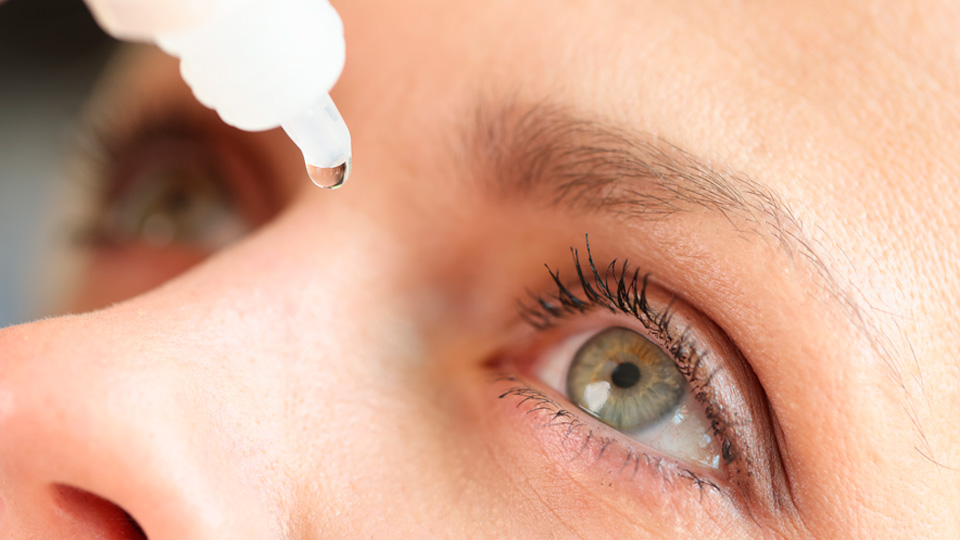All about the skin around the eyes and “drooping” eyelids
04/04/2025

17/06/2024
Tears are an essential component of eye health. The average person produces between 0.2 to 0.5 millilitres of tears per day. There are several types of tears, and they serve several important functions, such as lubricating the eyes, protecting against infection, and removing foreign particles.
Basal tears lubricate and nourish the cornea and conjunctiva, providing a constant protective barrier. They are composed of a mixture of water, lipids (fats), mucins, proteins, and electrolytes. For their part, reflex tears are produced in response to eye irritations, such as smoke, wind or foreign bodies. Their composition is similar to that of basal tears, but they are produced in greater volume.
Finally, there are also emotional tears. These tears are produced in response to strong emotions and contain additional hormones and proteins not found in other types of tears, such as prolactin, adrenocorticotropic hormone, and leucine enkephalin. Interestingly, humans are the only creatures that produce emotional tears, a phenomenon believed to be linked to the evolution of communication and social relationships.
Tears and dry eye
Understanding the function and different types of tears is essential for recognizing their importance in eye health and to effectively address conditions such as dry eye. Dry eye occurs when tears cannot provide adequate lubrication for the eyes due to various reasons.
Dry eye treatment
The treatment of dry eye will depend on its underlying cause and the conditions of each patient. Generally, we offer the following treatments:
Other actions that can help improve the condition of patients are improving the environmental state, increasing humidity with a humidifier or raising awareness of the importance of blinking for the lubrication of the surface of the eye, which should be at least 12- 15 times per minute. At the same time, increasing the intake of omega-3 in the daily diet also helps to improve tear composition.
Dr. Víctor Charoenrook, ophthalmologist at the Barraquer Ophthalmology Centre
El ojo seco es una patología crónica que consiste en la escasez de la cantidad de lágrima y/o en el deterioro de la calidad de la misma produciendo una inflamación de la superficie del ojo. Las lágrimas son esenciales para mantener la superficie del ojo lubricada, proporcionarle nutrientes y protegerlo contra infecciones. En este capítulo hablamos con el doctor Rubén Delgado sobre algunas cuestiones básicas sobre el ojo seco y los tratamientos que ofrecemos en Barraquer.